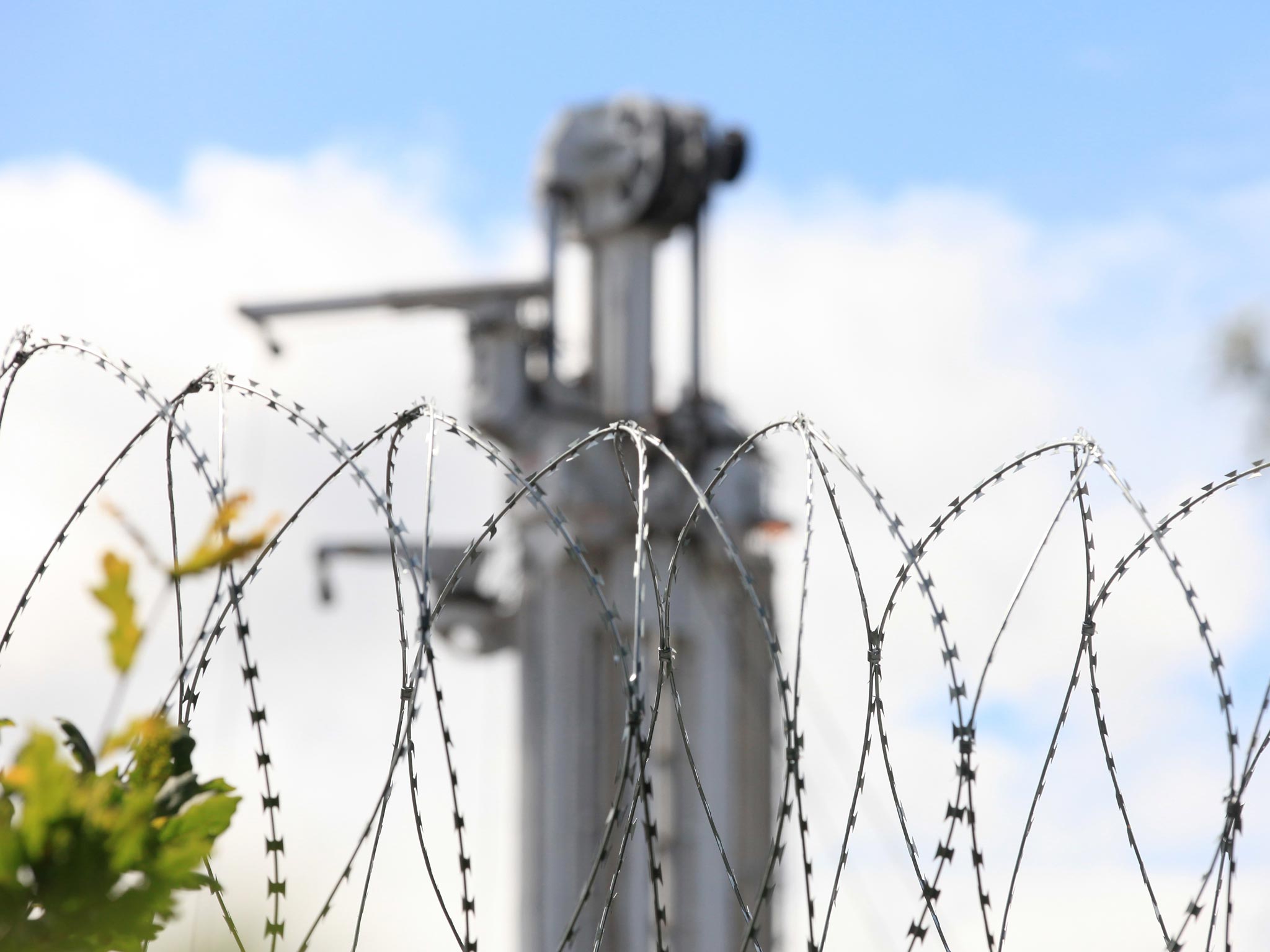Church denies accusations of fracking 'land-grab' as it moves to claim mineral rights to 500,000 acres across England
A Church of England spokesman says decision to secure ancient rights now is due to upcoming legal deadline, not an attempt to gain profits from shale gas mining

The Church of England has denied claims that it is looking to cash in on fracking plans by claiming the mineral rights to land under hundreds of thousands of homes.
It emerged last night that the Land Registry has written to homeowners across some 500,000 acres in England where the Church wants to stake its claim under ancient laws going back to the Norman Conquest.
The news comes as controversial plans for fracking, where underground rocks are smashed to release gas that can be used as fuel, are explored across the UK, and protests bring a halt to drilling by Cuadrilla in Balcombe.
Even historic rights to land could be used to claim profits from such mining exercises, according to Caroline Almond, a lawyer with Squire Saunders specialising in environmental and infrastructure disputes.
“In relation to fracking, as long as the landowners with “Lords of the Manor” rights gain planning permission they can profit from shale gas reserves despite local objection to drilling,” she wrote on the firm’s blog.
The Church has up until now been at the forefront of objections to fracking on environmental grounds, particularly in dioceses that have been targeted as potentially ripe sources of gas.
The Bishop of Chichester, Dr Martin Warner, said the fracking debate raised huge questions about our contemporary lifestyle and whether our “present consumption of energy is justifiable”.
He said: “What investment should we be making in alternative uses of our resources that will benefit future generations?”
The Church has denied any suggestion that the claims it is making are linked to the recent fracking debate.
A spokesman told the Times: “There is absolutely no link with fracking, where details of rights remain unclear.”
And in a statement it said was simply carrying out a “registration and protection exercise to protect existing rights and interests”, which have reportedly been made vulnerable to changes in the law in the Land Registration Act 2002.
The Church explained that one of the effects of the law of 2002 was that a number of ancient claims to land would expire, with the date set as October this year. It said that Church commissioners have been researching their various claims for some time, and have moved to register land now before it is too late.
The statement read: “In due course, the Land Register will show who owns the surface and, where different, who owns the mineral interests.
"This is therefore all about properly registering and protecting existing interests so that all parties can see and understand who owns what.
“There are no particular plans to mine under any property. The focus is registration and protection.”
Join our commenting forum
Join thought-provoking conversations, follow other Independent readers and see their replies
Comments